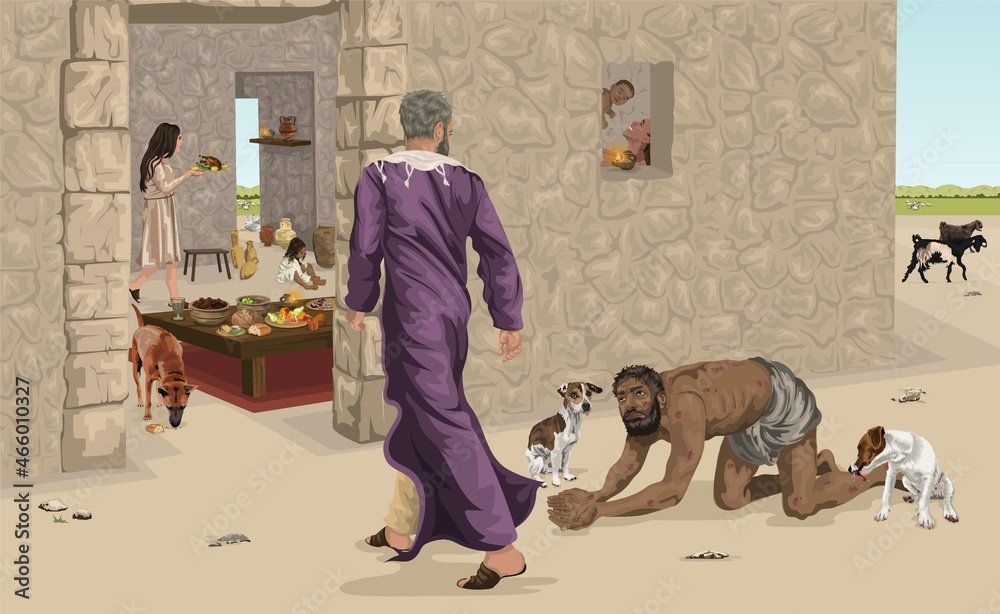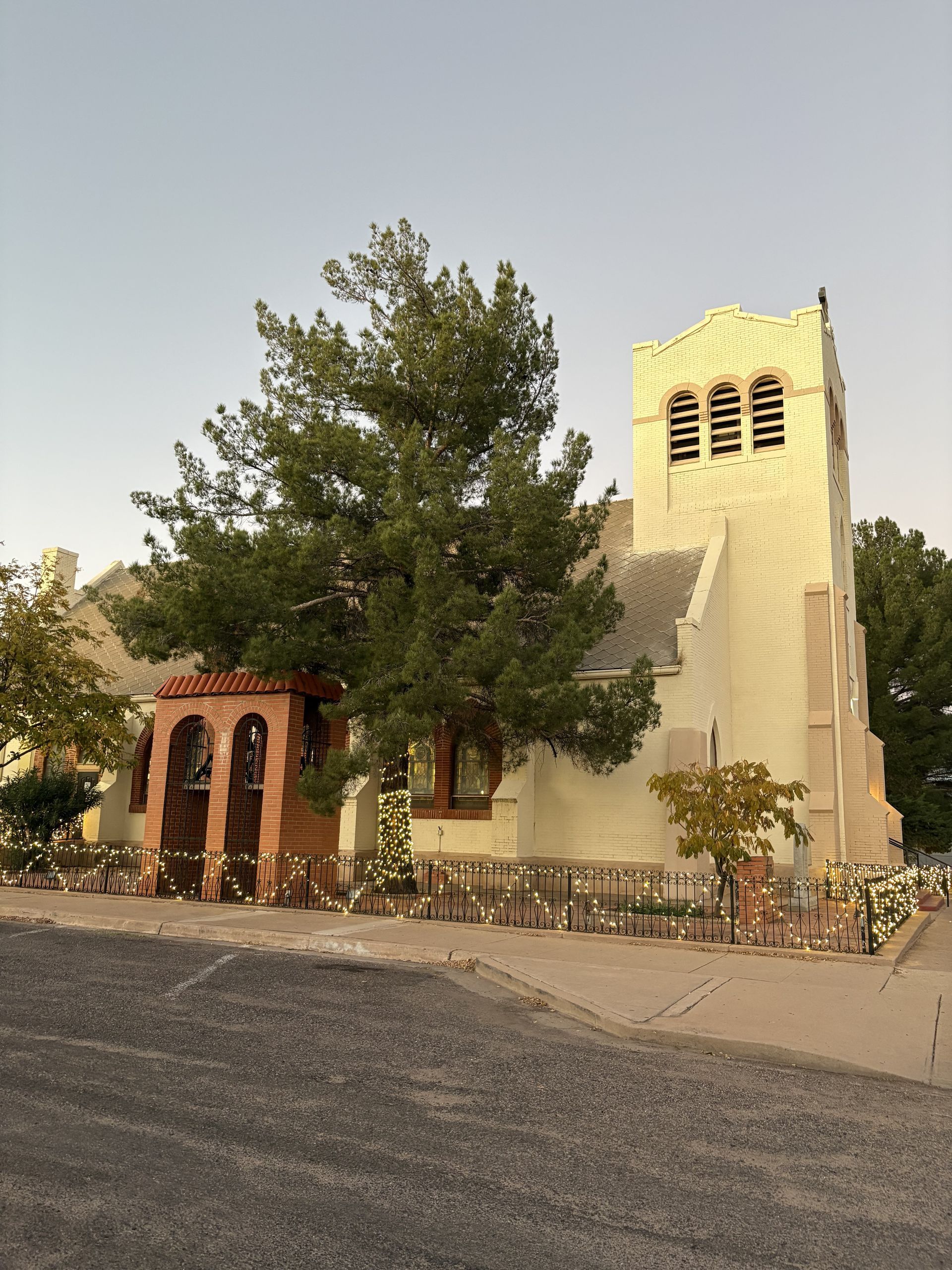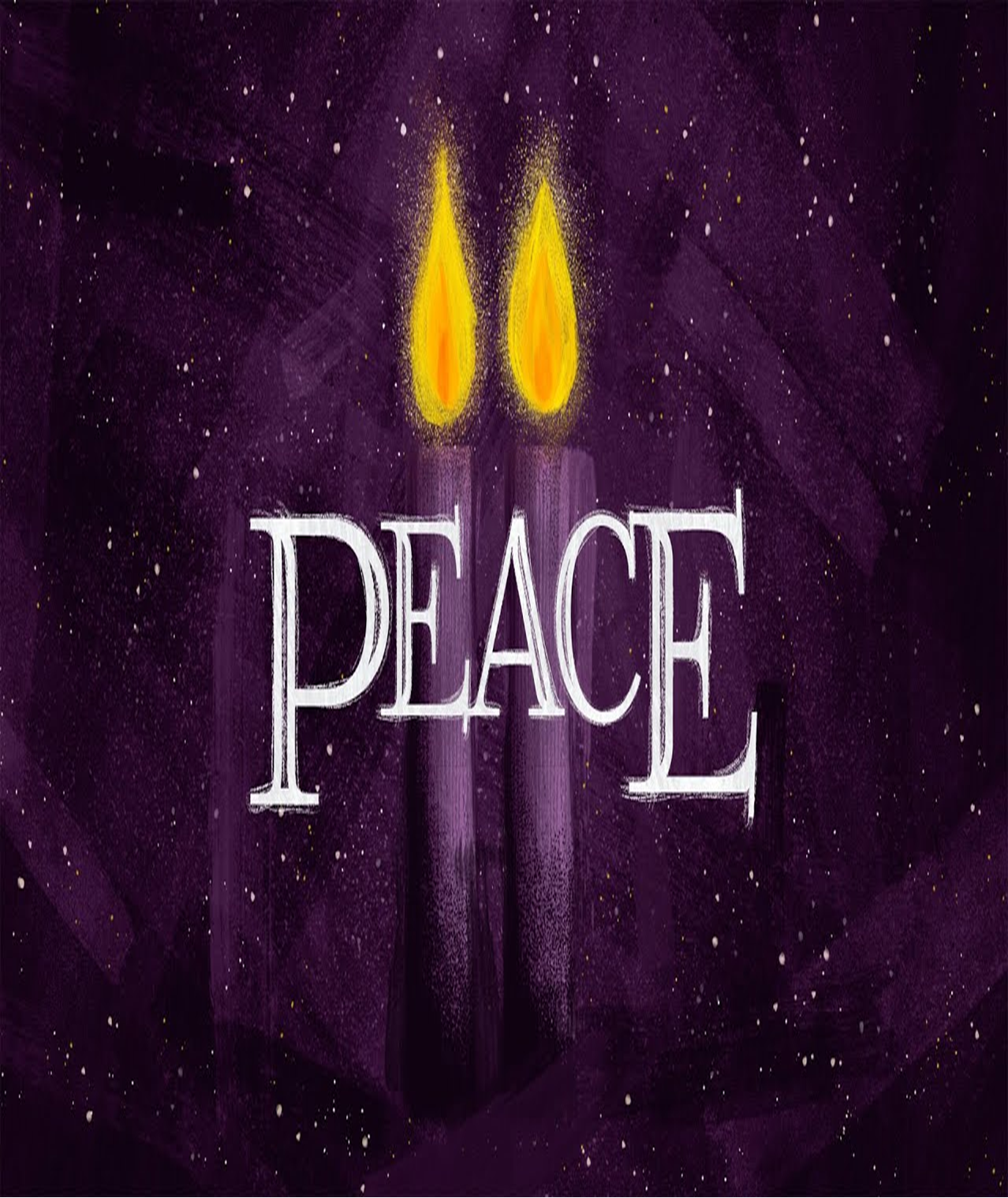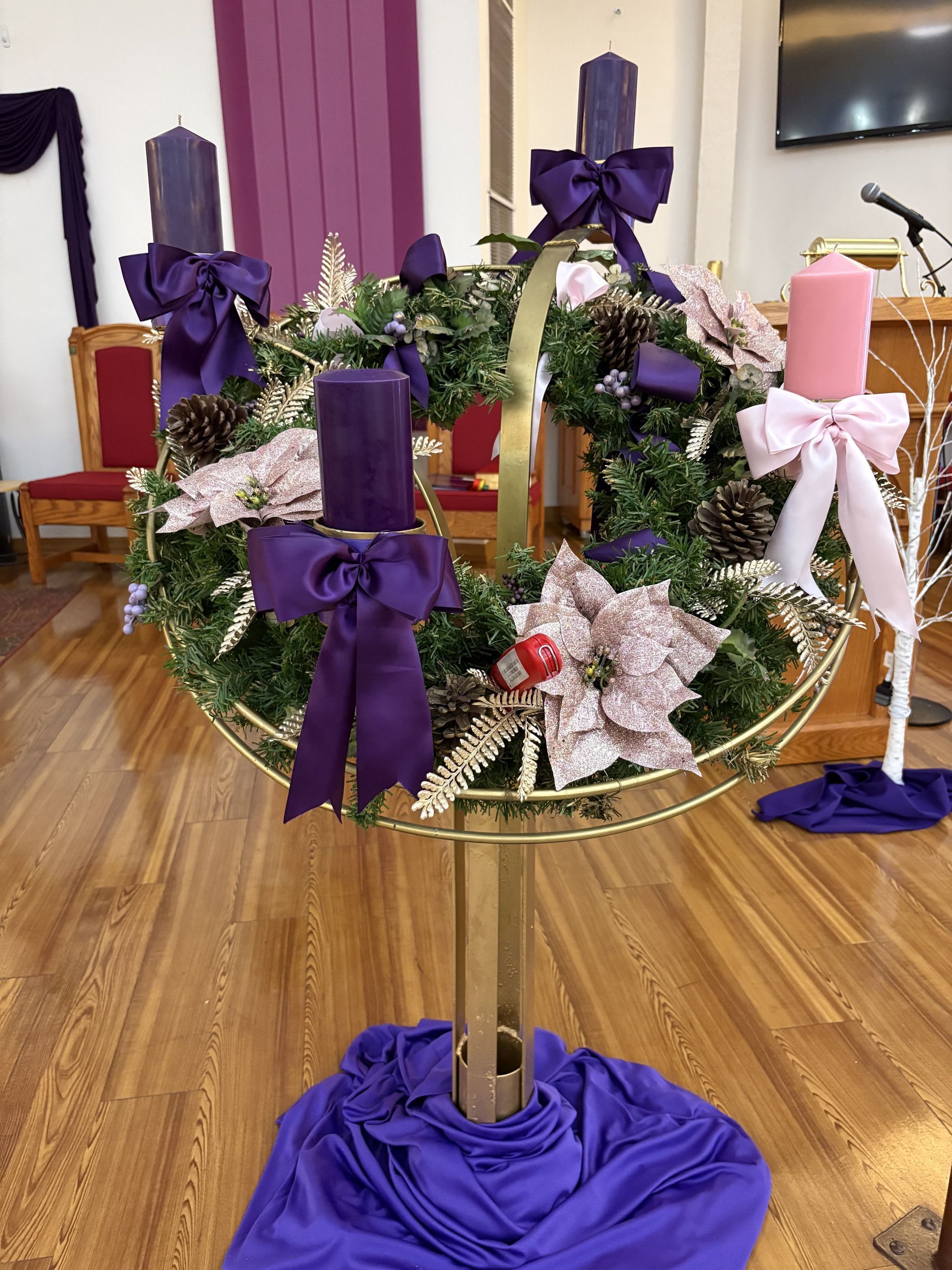"Even if someone came back from the dead, he would not listen" (Luke 16: 31).

The parable of the Rich Man and Poor Man once again presents the dramatic reversal of fortunes in the next life. It says that the one who enjoyed “good things” in life will be tormented while the one who suffered much will experience consolation. Let me place a caveat as the Rich Man represents a group of people who have become totally indifferent and without any regard to the needs of humanity. I don’t have the exact numbers, but it is often said that the world’s wealth is owned by the 1%. Obviously, there's a huge difference between someone prosperous who knows how to channel his/her resources to the needy. The gospel is a stark reminder of the dangers of wealth and that the callousness over the plight of the poor and needy has eternal consequences.
The story is the contrast between the Rich Man who feasted extravagantly, dressed in (costly) purple garments (by the way, only the rich and famous could afford purple cloth…even the word costly should not be mentioned). I suppose even the Rich Man’s inner garment is made from the finest linen available in the market and nothing but the best. He dined sumptuously daily with at least 12 course meal and not occasionally. His stomach is always full and never goes hungry. His appearance is impeccably bleached dazzling and shining splendor. On meetings, he is fashionably late and loves grand entrances. For him, there is no such thing as simple and cheap stuff. He goes with anything fancy. He never runs out of supply in the pantry. The reason why he didn’t see the poor man lying outside his gate was because he had multiple entrances and his gate, a fortress. His only priority is his own self-care and nothing else. Whether the accumulation of money and the delight of entertainment was a result of hard work or inheritance, it doesn't matter. He was convinced what he did was just and right. This description is no exaggeration at all. By the way, no one in the church attending Mass fits either of the two characters in the story. He may have seen Lazarus outside his gate but didn’t care. His poverty was his own choice. The first reading from the book of Amos 6: 4-7 tells us of an expensive dinner which looked like a never-ending celebration. Woe to the wealthy upper class! Woe to the one percent who owns half of the world's wealth. Woe to the complacent in Zion! Woe to the self-indulgent leading carefree lives! Who to those “lying upon beds of ivory, stretched comfortably on their couches, eating lambs taken from the flock, and calves from the stall”. Meanwhile, the Poor Man whose name is Lazarus (not the Lazarus whom Jesus raised from the dead whose family appeared well-off) in Greek, Eleazar in Hebrew, God has helped/God helps has no garment at all. He is impoverished and trapped in the cycle of poverty. He lays outside the Rich Man’s door starving to death. His body covered with sores licked by dogs. He didn’t mind eating scraps, but the Rich Man didn’t even dare give/offer him anything let the leftovers. Lazarus didn't ask for a room in the mansion nor the least expensive car in his garage not even a place in the dinner table but only the scraps left on the floor. In other words, the waste that would have been thrown in the garbage. That's all. I learned that leaving the scraps on the floor that fell from the table was part of the practice of a number of wealthy folks in the Mediterranean culture as depicted in mosaics. The Rich Man was not only rich and extravagant, but also, hard-hearted, or heartless. His soul left his body even if he was still alive sort of, walking dead. Because of the comfort money gives, he became insensitive to the moral demands of faith that is, charity. He’s indifferent to the misery of the poor. What this scenario portrays is the callousness of the Rich Man. He could have done something or could have changed people’s lives and transformed society for the better but chose not to. He just didn't care at all which was so unfortunate.
And so, both died. This is where the great reversal of fortunes enters in. When Lazarus died, he was carried by angels in the bosom (place) of Abraham and with Abraham. He became an honored guest at the heavenly banquet. The Rich Man sadly was driven to the netherworld, (Hades or Sheol). He didn't expect he would end there. His torments were the consequences of his uncharitable actions. He enjoyed all the good things in life and now, suffers eternal pain. The Rich Man is punished while the Poor Man is rewarded. The most unfortunate thing was that, if only he had fed the poor man who didn’t mind even eating the scraps from the table, he could have avoided and saved his fate. Worse, while he was there, he had the guts to ask Lazarus to give him a drop of water. It was too late. His case was irreversible. He’s stuck in a hopeless scenario. Not even Abraham could do anything. He had a chance. He lost it for failing to listen to the prophets. “Even if someone came back from the dead, he would not listen” (16: 31). Let me end by the prayer of commendation often recited at funerals, “May the angels lead you towards paradise. May the choir of angels receive you and with Lazarus, who once was poor, may you have eternal rest”.



